On the morning of June 16, Minister of Construction Tran Hong Minh, authorized by the Prime Minister, presented to the National Assembly a (supplementary) draft of the Railway Law (amended).
One content that has received public attention is that the bill has added specific and special mechanisms and policies to invest in developing the railway system, creating a breakthrough legal corridor for railway development.
To ensure meeting the requirements on investment progress in construction of railway projects, the Government proposed new additional regulations to the draft law to take effect from July 1, 2025, while the remaining regulations of the Railway Law (amended) will take effect from January 1, 2026.

Minister Tran Hong Minh. (Photo: quochoi.vn)
More incentives to encourage private enterprises to participate
According to the Government's Submission, the draft law has been supplemented and revised to legalize 23 specific and special mechanisms and policies. The main objectives of the above-mentioned specific and special mechanisms and policies are to promote decentralization, delegation of authority, proactive implementation and responsibility for implementation results; shorten procedures, speed up progress, and early completion of railway projects; and encourage the participation of private enterprises.
Specifically, the Ministry of Construction has added to the draft Law regulations on credit incentives for organizations participating in railway business activities in areas with difficult and especially difficult socio -economic conditions.
Enterprises participating in investment and development of railway industry and railway infrastructure business enjoy preferential corporate income tax rates.
Institutionalizing the draft Resolution, the draft law has added provisions on import tax exemption for goods serving the project that cannot be produced domestically or can be produced but do not meet the technical standards of the project. Including: machinery, equipment, spare parts, railway vehicles, materials used to manufacture machinery, equipment or to manufacture detailed components, separate parts, spare parts of machinery, materials for the construction of railway infrastructure.
The draft law also devotes a chapter to regulating railway construction investment based on the addition of 18 policies in the draft Resolution that have been approved by competent authorities, such as: Adjusting planning; Mobilizing resources and allocating capital; Procedures and procedures for railway project investment; Contract management; Investment cost management; Compensation, support and resettlement; Dumping sites and exploitation of minerals for construction materials; Developing science, technology and training to develop human resources; Developing industry and transferring technology; Investing in railway projects with non-state capital sources...
Accordingly, the draft law stipulates that in cases where the preparation, appraisal and approval of a project has content different from that of the relevant planning, it is not necessary to carry out planning adjustment procedures; after the project is approved, the relevant planning must be promptly reviewed, adjusted, updated and announced.
"This regulation both meets the requirements for project implementation progress and ensures consistency and unity in the planning system," said the Minister.
Regarding resource mobilization and capital allocation, additional regulations assign the Prime Minister to decide on the use of diverse capital sources such as issuing government bonds, official development assistance capital, foreign preferential loans, increased revenue and expenditure savings... for investment in developing railway projects.
At the same time, allow the Provincial People's Committee to decide on technical indicators and land use indicators to optimize land use efficiency in TOD areas.
Regarding the order and procedures for investing in railway projects, it is supplemented with regulations that the competent authority deciding on investment can decide to divide the project into component projects and sub-projects during the process of establishing the construction investment project.
Urban railway projects and TOD model projects do not have to carry out procedures for establishing, appraising, deciding on investment policies and other procedures related to deciding on investment policies.
The provincial People's Committee is authorized to decide to adjust the project in case of changes in the project's objectives, location, or excess investment capital.
Research to perfect specific mechanisms and policies
Examining the above content, Chairman of the National Assembly's Committee on Science, Technology and Environment Le Quang Huy said that the Committee unanimously proposed to pass the draft Law at the 9th Session. The Committee also highly agreed with the policy of needing specific and special mechanisms and policies to invest in Vietnam's railway system.

Chairman of the National Assembly's Committee on Science, Technology and Environment Le Quang Huy. (Photo: quochoi.vn).
However, in order to institutionalize the Party's policies and legalize the specific and special mechanisms and policies stipulated in the National Assembly's Resolutions on investment in the development of a number of specific railway projects, the drafting agency shall study and perfect these specific and special mechanisms and policies in the direction of limiting the scope and subjects of application; ensuring the consistency, unity, universality and sustainability of the legal system; strengthening supervision, information disclosure and transparency; and having appropriate sanctions.
Regarding the provisions on granting capital initiative to entities specified in the draft law, the Committee proposed to review and supplement the provisions on limiting the mechanism, only applying when demonstrating outstanding efficiency; limiting the mobilization level to a safe threshold, with supervision, ensuring financial safety; clear responsibilities; strict monitoring conditions and mechanisms to prevent risks.
The Committee agreed with the request for the law to take effect soon, creating a legal basis for urgent investment in railway projects.
However, if some mechanisms and policies are prescribed to take effect from July 1, 2025, it will not be consistent with the provisions of the Law on Promulgation of Legal Documents and will cause overlap in the application of the law.
Therefore, it is recommended to consider the effective date, amend the transitional regulations, ensure feasibility and promptly issue documents guiding the implementation.
Source: https://vtcnews.vn/khuyen-khich-doanh-nghiep-tu-nhan-tham-gia-phat-trien-cong-nghiep-duong-sat-ar949123.html











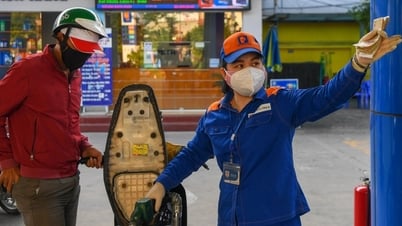




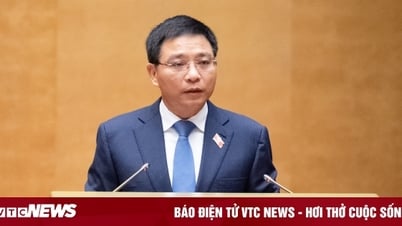




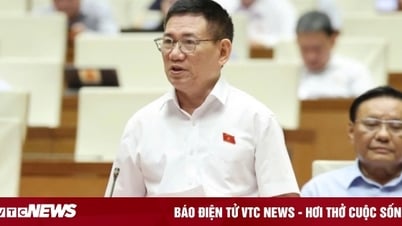
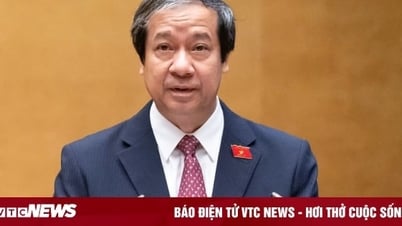

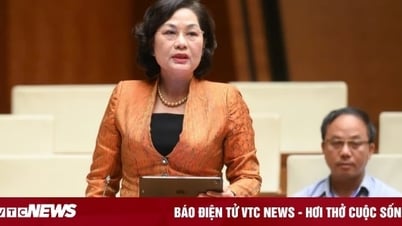























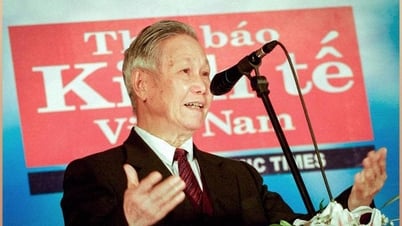

















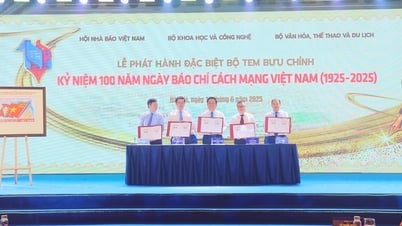

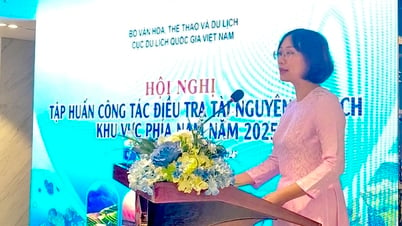
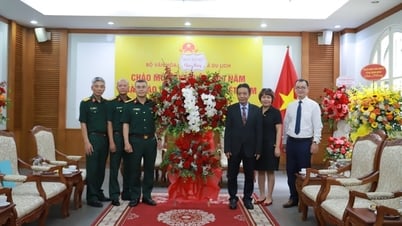
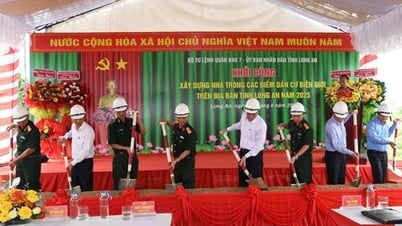



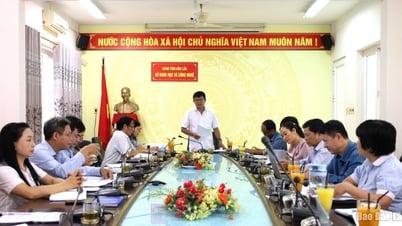

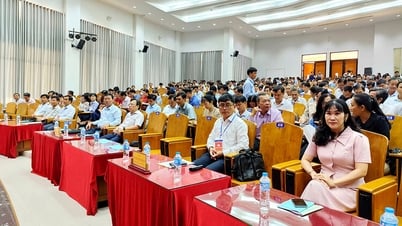

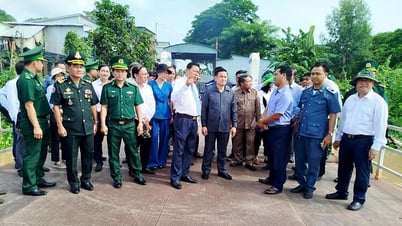
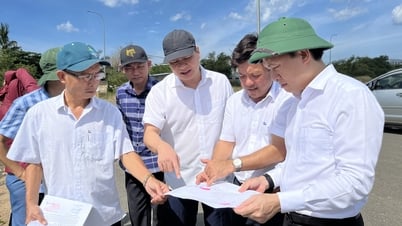

















Comment (0)